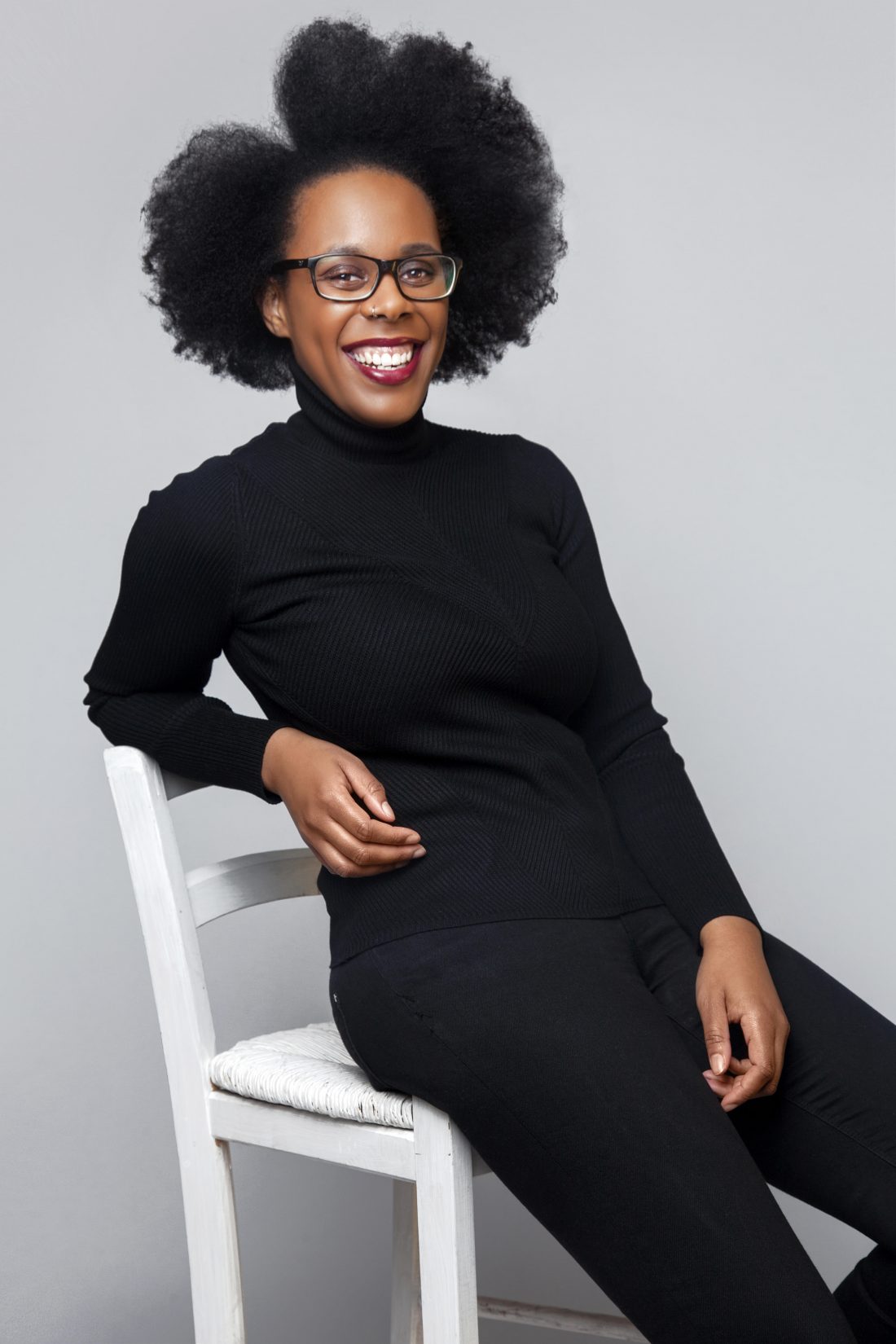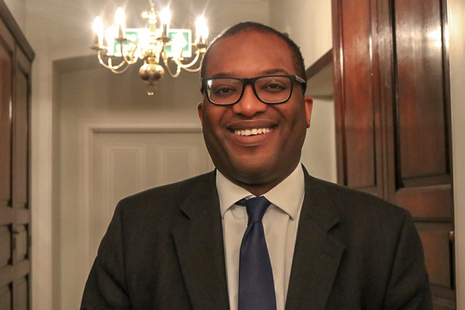Melan joined the Business Minister and some of the UK’s small business owners last week to tackle the question: Why, despite receiving start up loans, Black entrepreneurs experience bigger disparities and challenges which slow and even halt success in their business journey.

The event provided an opportunity to highlight the achievements made by Black small business leaders in the UK and to understand the challenges and opportunities of starting out in business as a Black entrepreneur.
Kwasi Kwarteng, Minister for the Department for Business, Energy and Industrial Strategy (BEIS), chaired the virtual discussion, joining a group of small business owners and representatives from the British Business Bank just before the end of this year’s Black History Month.
“There was an encouragingly high number of start-ups from Black entrepreneurs, yet they also face greater challenges in running their businesses.”
In his opening remarks, the minister stated that there was an encouragingly high number of start-ups from Black entrepreneurs, yet they also face greater challenges in running their businesses. This, despite more than 11,000 Black, Asian and Minority Ethnic entrepreneurs having received a Government-backed Start Up Loan at the beginning of their business journey since 2012.
This anomaly was picked up in the British Business Bank’s Entrepreneurship and Diversity in the UK report, which after surveying 3,700 entrepreneurs across the UK, revealed that Black, Asian and Minority Ethnic entrepreneurs face “persistent disparities” when starting out in business.
It was enlightening to hear the likes of David O’Neal, owner, ShortCuts Hair Salons, Melissa Sinclair, owner, Big Hair Beauty and Michaela Alexander, Author, Miles & Mia share their unique start-up stories and the issues they struggle with.

The business owners present had all received a Government-backed Start Up Loan (a subsidiary of the British Business Bank) to launch their business. The Start Up Loan scheme provides finance to entrepreneurs from groups who are otherwise furthest from commercial finance. Of all loans issued, 40 per cent have gone to women, 22% to people from a Black, Asian and Minority Ethnic background (that number increased to 48 per cent among London business owners) and 33 per cent went to people who were previously unemployed.
However, even with the provision of start-up loan support, the business owners shared a common challenge of appearing to hit a stumbling block when it came to scaling their businesses beyond the initial success.
Other themes emerged, such as those who had a professional or financial career background were, not surprisingly, better able to navigate the business loan landscape, but even they found it difficult to traverse the minefield that is venture capitalist and larger investment territory that is vital to real business growth.
“The reality is that so many women are setting up their business cold turkey, with no financial or developmental support either because the messages are not getting through to these communities…”
It was also interesting to explore how extending the role of mentors and support networks beyond the initial start-up loan period to at least 3/5 years would impart additional support to the business owners which could help to foster sustained growth.
While it was wonderful to see that the business owners present all received start-up loans, having spoken to dozens of emerging and established women business owners, typically over 40 years old, through our Melan-In Business features, the reality is that so many women are setting up their business cold turkey, with no financial or developmental support either because the messages are not getting through to these communities or an inherent distrust and a lack of awareness that they too can access business funding through a start-up loan. In many cases the opportunities appear to only be reaching the digitally advantaged, younger demographic.

It was good to share these views with the Business Minister and policy makers who received our views unreservedly and committed to explore what more could be done to engage and support this cohort of business owners. We deserve to win too.
Watch this space for more developments on this.
Learn about the small business owners:
David O’Neal, Owner, ShortCuts Hair Salons
David started out in business in 2014 when, as a young father with little business experience, he opened his first children’s hair salon in Milton Keynes with the help of a £15,000 Start Up Loan. David now owns six salons in the South East and says that the mentoring scheme that was offered alongside the financial support gave him the confidence he needed to get his business off the ground.
Melissa Sinclair, Owner, Big Hair Beauty
Big Hair Beauty is an afro and curly hair product specialist whose foundations are in celebrating the historical and cultural relevance of black hair. Big Hair Beauty have been actively involved in promoting Black History Month.
Michaela Alexander, Author, Miles & Mia
Michaela Alexander is an award-winning children’s book writer, who applied for a Start Up Loan after she noticed a lack of ethnic diversity in her children’s story books. Michaela wanted her children to see characters that they could relate to and since publishing her own book, which she based on her two children, she now uses her time to champion diversity in literature.
Rumbi Serima-Fowler, Founder, Mimi’s Organics
Rumbi Serima-Fowler runs her own organic skincare range. Her passion in natural and organic remedies was awoken when her son was diagnosed with autism. Chemicals in other products seemed to have a negative effect on his condition so she began searching for a better alternative. Rumbi spent the next four years retraining to gain in cosmetology; learning the relevant skills to successfully run her own business – from natural skincare and anti-wrinkle/skin rejuvenation products, through to Organic Skincare Business skills.
Vese Aghoghovbia, Author, Philly & Friends
Born in Nigeria, Vese moved to the UK as a student and graduated from Imperial College London with a Master’s Degree in Chartered Engineering. It wasn’t until the birth of her daughter that her career pivoted into setting up her own business. Alarmed by the fact less than 1% of children’s books featured a Black main character, Vese wanted to create a diverse children’s character she and children everywhere can love and identify with and so she published her own children’s book series.
Visit the Start-Up Loans website.












